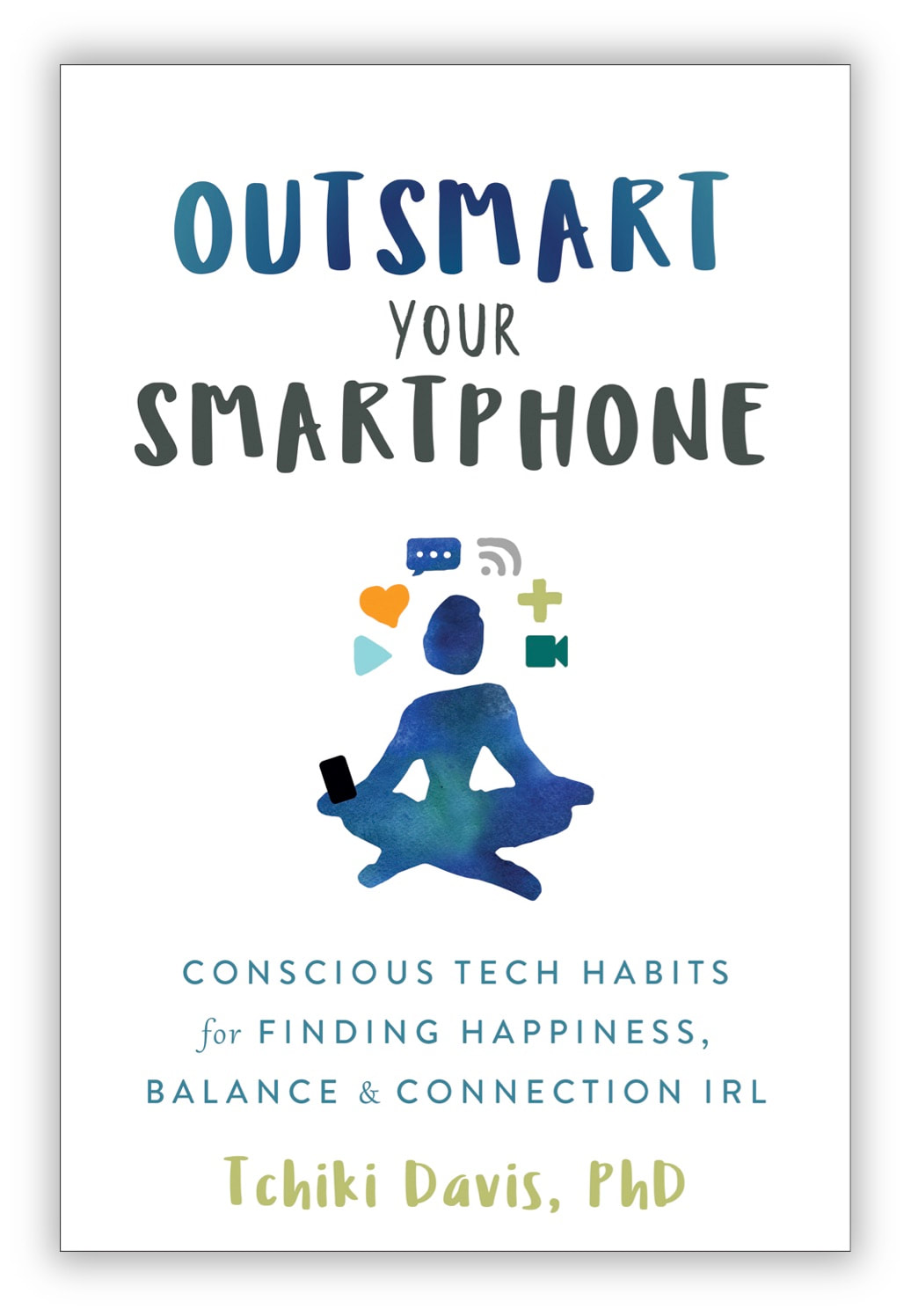8 Types of Learners: Definitions, Examples, and Learning StrategiesWhat are the 8 learning types? Which types of learning work best for you, what can you do to make learning easier, and how can you use your learning style to boost your well-being?
*This page may include affiliate links; that means I earn from qualifying purchases of products.
Learning is an ongoing process and a crucial experience for all people of all ages. But people process and retain information in several ways. Whether you’re a teacher, student, or parent, understanding the differences between different types of learners can help you know how you or someone else can develop new skills faster and better.
Are You a Therapist, Coach, or Wellness Entrepreneur?
Grab Our Free eBook to Learn How to
|
|
Social learners enjoy working with people, and will also appreciate input. You can become successful if you choose to work as a teacher, manager, therapist, psychologist, activist, politician, or get a career in public relations or sales.
How social learners can increase well-being: Social learners may benefit from strengthening their personal relationships by reducing smartphone time or practicing well-being-boosting social skills like gratitude. |
7. Intrapersonal or Solitary Learner
An intrapersonal or solitary learner is self-smart. Solitary intelligence focuses on your personal attributes, strengths and weaknesses because you work best when you work alone. You’re the genius who can spend hours studying on their own and might come up with something that no one else has noticed.
As a solitary learner, you will have some of the following traits.
● You’re self-motivated and feel more self-confident when you’re working by yourself.
● You’re highly independent and will search for the most suitable academic resources.
● You prefer having a quiet environment in your personal and academic lives.
● You have excellent self-management and time-management skills.
● You take responsibility and accountability for your actions.
● You self-analyze.
● You like to write journals, notes, and personal thoughts to improve your skills.
● You can understand your moods and intentions.
● You like self-help books and personality quizzes.
● You have a detailed to-do list and love to set up your goals and make plans.
As a solitary learner, you will have some of the following traits.
● You’re self-motivated and feel more self-confident when you’re working by yourself.
● You’re highly independent and will search for the most suitable academic resources.
● You prefer having a quiet environment in your personal and academic lives.
● You have excellent self-management and time-management skills.
● You take responsibility and accountability for your actions.
● You self-analyze.
● You like to write journals, notes, and personal thoughts to improve your skills.
● You can understand your moods and intentions.
● You like self-help books and personality quizzes.
● You have a detailed to-do list and love to set up your goals and make plans.
Challenges of Being an Intrapersonal Learner
As a solitary learner, you’re likely to encounter a few challenges.
● Group discussions can be too intimidating for you.
● You don’t like working on a team.
● When you’re part of the group, you would prefer to do most of the work on your own.
● You struggle with small-talk, making new friends, and maintaining old friendships.
● Group discussions can be too intimidating for you.
● You don’t like working on a team.
● When you’re part of the group, you would prefer to do most of the work on your own.
● You struggle with small-talk, making new friends, and maintaining old friendships.
Opportunities for Intrapersonal Learners
If you’re a solitary learner, you can be quite successful if you choose to work as a teacher, counselor, entrepreneur, researcher, or psychologist.
How intrapersonal learners can increase well-being:
Intrapersonal learners may benefit from alone-time spent on self-reflection, daily journaling, or reading self-help or psychology books.
How intrapersonal learners can increase well-being:
Intrapersonal learners may benefit from alone-time spent on self-reflection, daily journaling, or reading self-help or psychology books.
8. Naturalistic Learner
Naturalistic learners are affected by their surrounding environment. For these learners, the time spent outdoors is a learning experience because they’re very good at relating to various objects and elements from nature.
As a naturalistic learner, you will have some of the following traits.
● You love field trips and learn best when you’re studying outdoors.
● You collect samples to better understand the academic material you’re studying.
● You can easily categorize and classify information.
● You prefer studying topics related to nature and the environment.
● You’re concerned about recycling and environmentally-friendly practices.
● You are actively advising other people to decrease their carbon footprint.
● You prefer biology, zoology, and botany over languages and math.
● You don’t mind getting your hands dirty and prefer hands-on activities.
● You can notice the slightest changes in your surrounding environment.
As a naturalistic learner, you will have some of the following traits.
● You love field trips and learn best when you’re studying outdoors.
● You collect samples to better understand the academic material you’re studying.
● You can easily categorize and classify information.
● You prefer studying topics related to nature and the environment.
● You’re concerned about recycling and environmentally-friendly practices.
● You are actively advising other people to decrease their carbon footprint.
● You prefer biology, zoology, and botany over languages and math.
● You don’t mind getting your hands dirty and prefer hands-on activities.
● You can notice the slightest changes in your surrounding environment.
Challenges of Being a Naturalistic Learner
A naturalistic learner might deal with a few challenges when they’re studying.
● You feel too stressed when you don’t have time to go outside.
● You might not be too good with numbers.
● Too much logical thinking can be too boring for you.
● You feel too stressed when you don’t have time to go outside.
● You might not be too good with numbers.
● Too much logical thinking can be too boring for you.
Opportunities for Naturalistic Learners
If you’re a naturalistic learner, you can have a successful career if you choose to become a vet, activist, wildlife biologist, ecologist, or natural resources manager.
How naturalistic learners can increase well-being:
Naturalistic learners may benefit from being outside or gardening for well-being.
How naturalistic learners can increase well-being:
Naturalistic learners may benefit from being outside or gardening for well-being.
Articles Related to Types of Learners
Want to learn more about types of learners? Check out these articles:
Books Related to Types of Learners
If you’d like to keep learning more about types of learners, here are a few books that you might be interested in.
Final Thoughts on Types of Learners
We need to understand our learning styles and strengths to learn best, increase our likelihood of success, and grow our well-being.
References
- Pashler, H., McDaniel, M., Rohrer, D., & Bjork, R. (2008). Learning styles: Concepts and evidence. Psychological science in the public interest, 9(3), 105-119.
Don't Forget to Grab Our Free eBook to Learn How to
Grow Your Wellness Business Exponentially!
Are You a Therapist, Coach, or Wellness Entrepreneur?
Grab Our Free eBook to Learn How to Grow Your Wellness Business Fast!





